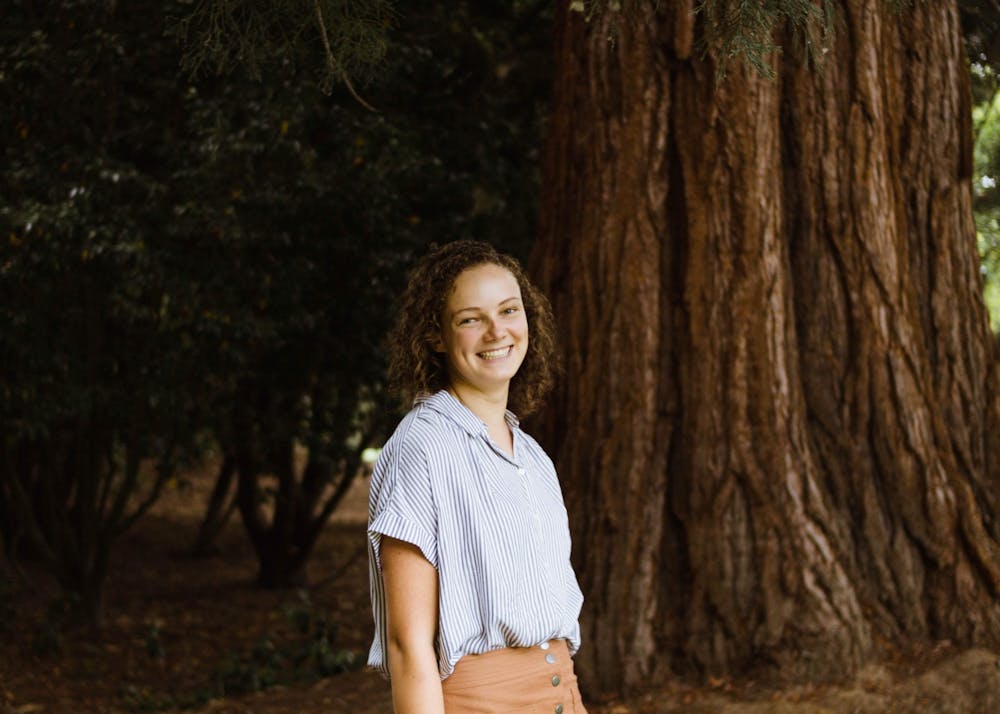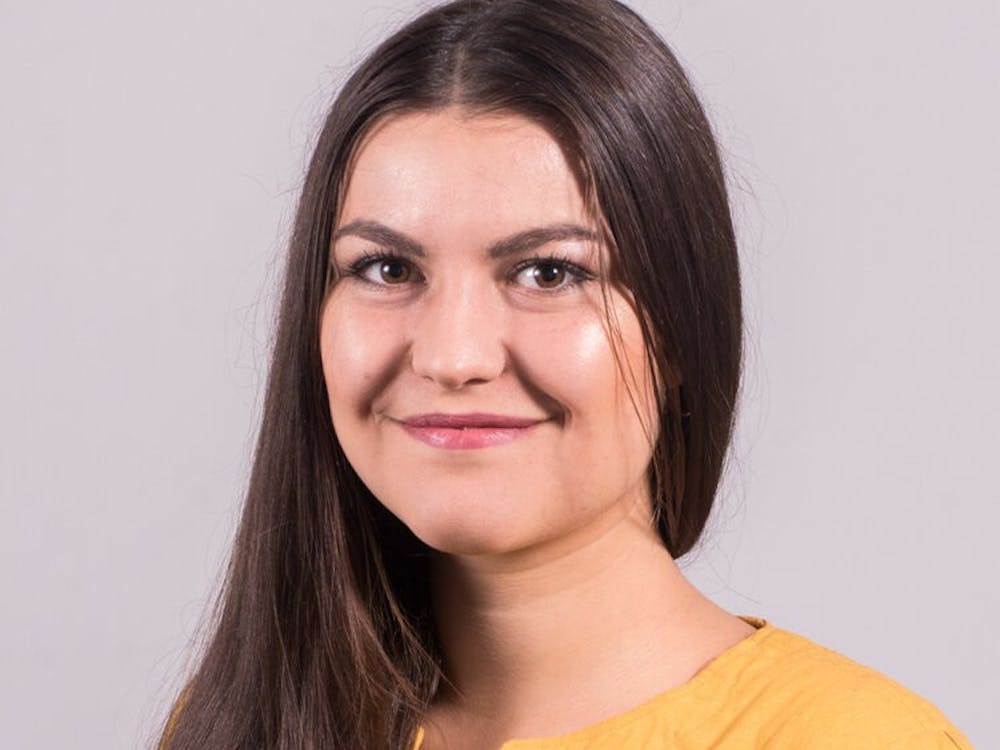I hate to break it to you, but using a metal straw isn’t going to save the turtles. And yes, while you definitely should reduce your plastic waste, don’t mistake a nudge with comprehensive change.
Nudges are a concept popularized by behavioral economics. They are positive tweaks implemented by policy to promote a preferred behavior without taking away choices or economic incentives. In the world of environmental policy, nudges are used to transition the general public toward more earth-friendly habits.
At UP, there are plenty of environmental nudges we have implemented. The eco-container program, our plastic water bottle ban and plastic straw ban are just a few. The intention is to provide and promote a better option in the cheapest way without mandating it. While these practices are well-intentioned, policymakers are finding that they don’t really work.
However, for the planet, nudges are just a substitute for more comprehensive and effective policies. Plastic straws have made their way back into our dining halls, we still sell plastic bottles of energy drinks and iced tea, and eco-containers are rarely in stock compared to their disposable counterparts.
I believe at an institution of higher education, creating a culture of respect for the planet is essential for the student body. How you treat the planet in your formative college years will have an impact on how you treat the planet for the rest of your life. If we are to be holistically educated in the head, heart and hands at UP, we should be educated on how to have a sustainable relationship with the planet.
This means implementing real, comprehensive policies and not just nudges. It’s essential for these policies to be holistic in their design. The wellbeing of our planet is the foundation for the wellbeing of every organism, ecosystem and institution that resides here. According to the Environmental Protection Agency, “Environmental justice is the fair treatment and meaningful involvement of all people regardless of race, color, national origin, or income, with respect to the development, implementation, and enforcement of environmental laws, regulations, and policies.” Promoting environmental justice means encapsulating all areas of social justice, including racial justice, disability justice, LGBTQ justice and gender equality.
As an individual, I can try as hard as I can to reduce my waste and avoid plastic. However, when The Commons runs out of eco-containers, I’m out of luck. The truth is, like most people living in an industrialized economy like the U.S., we buy into the system we were born into. A single individual can’t carry the weight of the planet on their shoulders, nor should they be expected to. The world we live in isn’t built for people to live zero-waste, travel emissions-free or eat less animal protein. Attempting to implement these practices isn’t easy because the system makes it inaccessible. I believe that individuals should educate themselves and try in their own way to reckon with their own impact on our world, but if you really want to make an impact, it’s time to take it to the top. Institutions and individuals need to work collectively to build a new system.
We don’t need a nudge, we need a shove. Environmentalists have been advocating for these policies for decades. Currently, youth climate activists are leading the environmental movement, and they have a lot to say. At the bare minimum, one thing we can all do is listen to the diverse voices raising concern.
So, where do we go from here? How do we change a rigid system? Moving from nudges to shoves won’t be an easy or comfortable process. Our world is built around convenience and speed. Our instinct is to play into the structure set before us. I think that it’s time for university students to go against the grain. This could look like calling for a complete ban on disposable to-go containers, implementing bulk bins in Mack’s Market or mandating that Espresso UP fully commit to a bring-your-own-cup policy.
Right now, I believe the most important thing UP students should demand is a sustainability coordinator. Unlike other schools in the WCC like Gonzaga and Santa Clara, UP doesn’t have an office of sustainability or any staff member whose position is solely dedicated to improving sustainability on campus. Especially for a Catholic university, this is unacceptable. Sustainable initiatives on campus can’t be expected to stick without someone constantly holding the institution accountable. A sustainability coordinator would keep initiatives on track, empower student voices and collaborate with existing programs like Diversity & Inclusion.
We have the opportunity at this moment to change the environmental culture of our campus. We need to advocate for better systems, policies and practices that reflect an institutional respect for the land we live on.
Demand better from the institutions you were raised in. Question your leader. Advocate for the voiceless. Just like Greta Thunberg says, I want you to panic, but then I want you to do something about it.
Molly Lowney is a photographer for The Beacon. She can be reached at lowney21@up.edu








